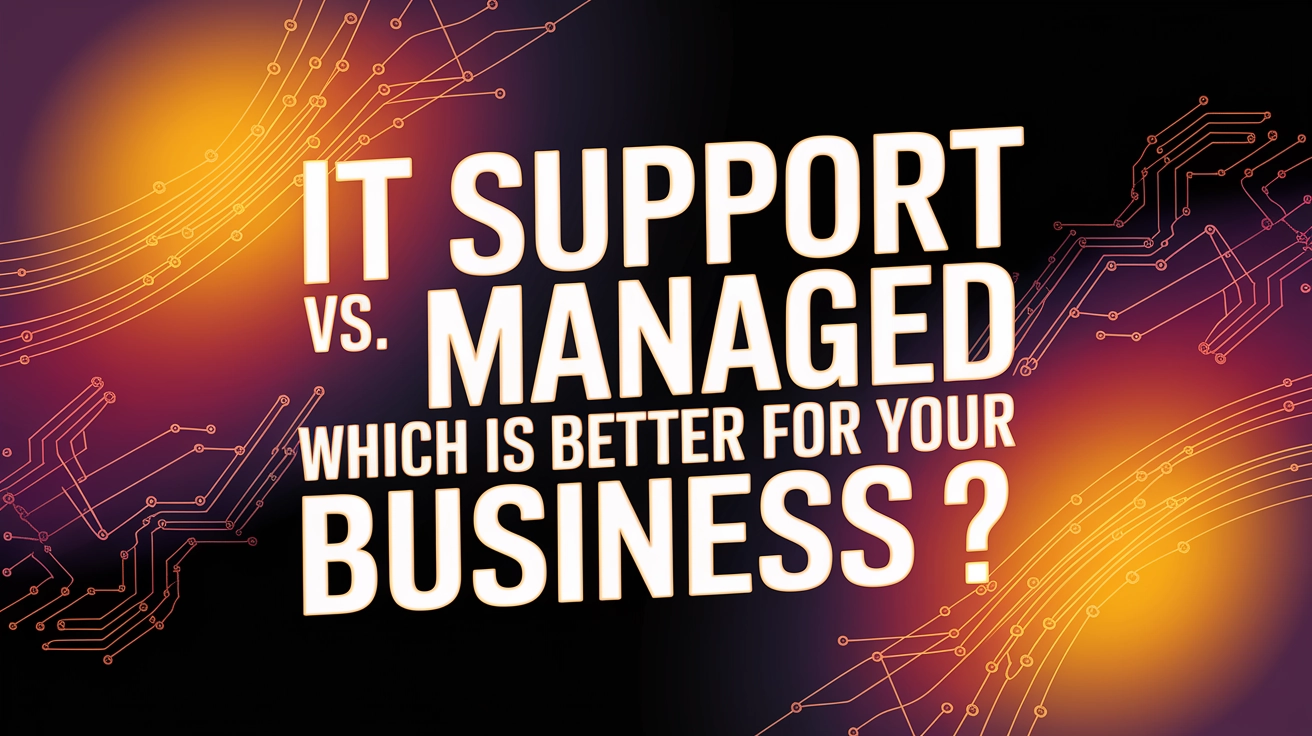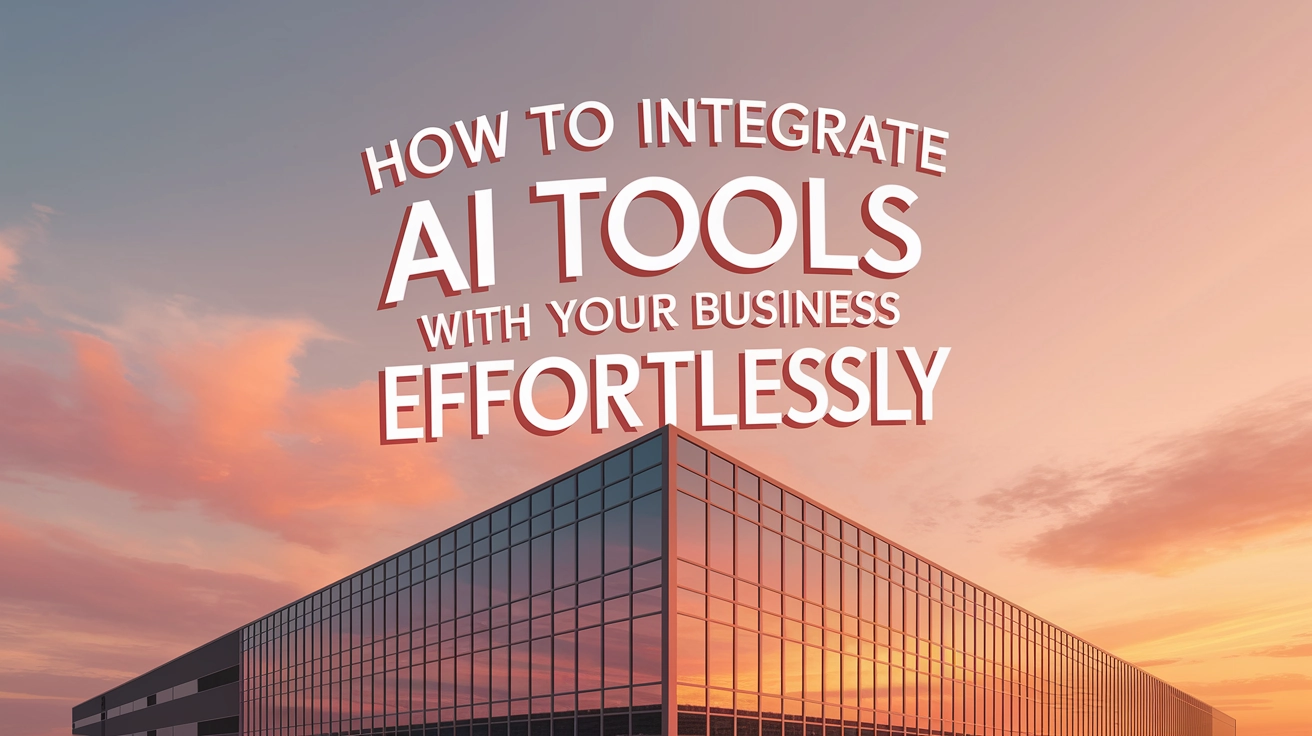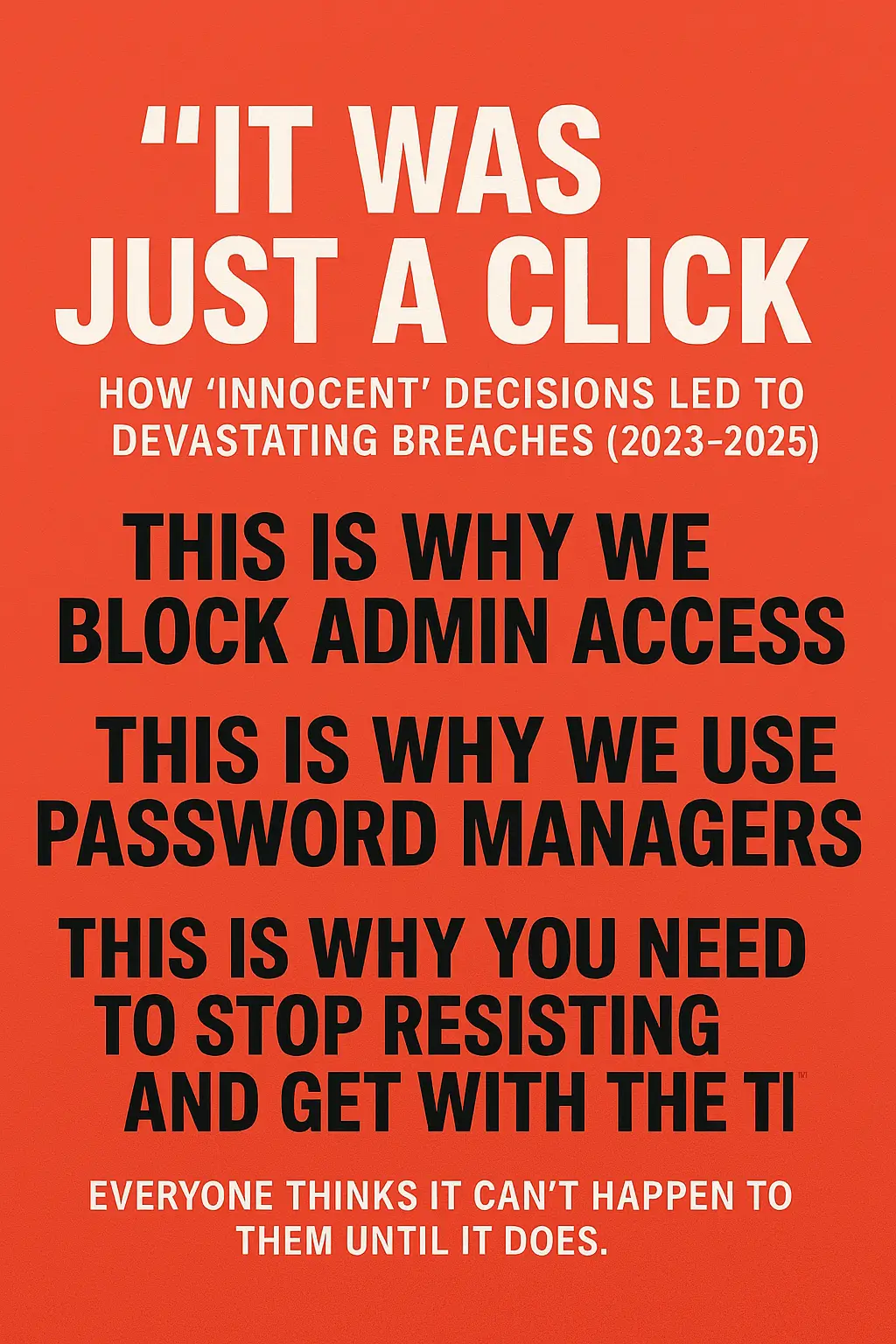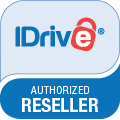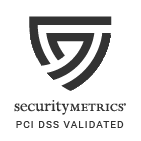Introduction
In the healthcare industry, protecting patient information is not just a priority—it’s a legal requirement under the Health Insurance Portability and Accountability Act (HIPAA). Non-compliance can result in hefty fines, legal consequences, and damage to your business’s reputation. This guide explores essential questions every HIPAA-compliant business should address to safeguard Protected Health Information (PHI) and meet HIPAA’s rigorous standards.
If you answer NO or NOT SURE to any of these questions, your business is in violation of HIPAA.
Worry not though, we can help with your compliance!
1. Do You Use Encryption to Protect Patient Information When Stored or Sent Over the Internet?
Encryption is a fundamental requirement under HIPAA’s Security Rule. It ensures that patient information is unreadable to unauthorized individuals if it is intercepted during transmission or storage. HIPAA requires businesses to use encryption methods that meet NIST standards.
Key Points:
- Why It’s Important: Without encryption, PHI can be easily accessed by unauthorized parties, leading to potential data breaches.
- Compliance Tip: Use strong encryption protocols, such as AES-256, to secure data in transit and at rest.
Action Step: Audit your current encryption practices and upgrade to compliant standards where necessary.
2. Do You Have a Process for Regularly Updating and Patching All Software and Systems Used in Your Office?
Outdated software can have vulnerabilities that hackers exploit, leading to unauthorized access to PHI. HIPAA mandates that businesses implement security measures to protect against potential threats, including the use of updated and patched systems.
Key Points:
- Why It’s Important: Vulnerabilities in software can be a gateway for cyberattacks, putting patient data at risk.
- Compliance Tip: Establish a regular update and patching schedule for all software and systems.
Action Step: Conduct regular vulnerability assessments to identify outdated software and ensure timely updates.
3. Do All Employees Have Unique Usernames and Passwords to Access Patient Information?
HIPAA requires individual access controls to ensure that only authorized users can access PHI. Shared accounts violate this requirement as they make it impossible to track individual actions.
Key Points:
- Why It’s Important: Unique credentials help maintain an audit trail, ensuring accountability and minimizing unauthorized access.
- Compliance Tip: Implement a policy where each employee has their own unique username and password.
Action Step: Review current access controls and eliminate any shared accounts.
4. Is Multi-Factor Authentication (MFA) Required to Access Patient Records?
Multi-Factor Authentication (MFA) adds an extra layer of security by requiring additional verification beyond just a password. This could be a code sent to the user’s phone or an authentication app.
Key Points:
- Why It’s Important: MFA significantly reduces the risk of unauthorized access, even if passwords are compromised.
- Compliance Tip: Implement MFA for all systems accessing PHI.
Action Step: Set up MFA for your practice management systems, EHRs, and any other systems accessing PHI.
5. Do You Restrict Access to Patient Information Based on Job Roles?
HIPAA’s Minimum Necessary Rule mandates that access to PHI should be limited to the minimum amount necessary to perform a job function. Overly broad access can lead to violations.
Key Points:
- Why It’s Important: Restricting access helps minimize the risk of unauthorized disclosure.
- Compliance Tip: Use role-based access controls (RBAC) to limit PHI access based on job duties.
Action Step: Regularly review user roles and permissions to ensure they align with job functions.
6. Do You Regularly Review Logs of Who Accesses Patient Information and What They Do with It?
Audit controls are a crucial part of HIPAA compliance, requiring businesses to monitor access and activities related to PHI. Regular log reviews can help identify unauthorized access and potential breaches.
Key Points:
- Why It’s Important: Reviewing access logs ensures that only authorized users are interacting with PHI and allows for quick response to any suspicious activity.
- Compliance Tip: Set up automated alerts for unusual access patterns or failed login attempts.
Action Step: Implement a system for regular review and analysis of access logs.
7. Are All Devices That Store or Access Patient Information Secured with Passwords and Encryption?
Devices such as laptops, tablets, and smartphones that store or access PHI must be secured with strong passwords and encryption. This ensures that even if devices are lost or stolen, the data remains protected.
Key Points:
- Why It’s Important: Unsecured devices pose a high risk for data breaches.
- Compliance Tip: Encrypt all devices and enforce complex password policies.
Action Step: Conduct regular device audits and ensure all are compliant with encryption standards.
8. Do You Have a Process for Removing Access to Patient Information When an Employee Leaves Your Practice?
When an employee leaves, it’s essential to promptly remove their access to systems containing PHI. Failure to do so can result in unauthorized access and potential HIPAA violations.
Key Points:
- Why It’s Important: Former employees retaining access can lead to data breaches or misuse of PHI.
- Compliance Tip: Implement a standard process for deactivating accounts immediately upon employee departure.
Action Step: Review and update your access termination procedures regularly.
9. Is Your Wi-Fi Network Used for Patient Information Secure and Separate from Guest Wi-Fi?
A secure, dedicated network for handling PHI is essential. Guest networks should be completely separate and not provide access to systems containing sensitive information.
Key Points:
- Why It’s Important: Unsecured or shared networks increase the risk of unauthorized access to PHI.
- Compliance Tip: Use strong encryption (WPA3) and keep patient and guest networks completely separate.
Action Step: Conduct a Wi-Fi security audit to ensure compliance.
10. Do You Have a Procedure for Securely Disposing of Old Computers, Printers, and Other Devices That Stored Patient Information?
Improper disposal of devices can result in PHI exposure. HIPAA requires proper data destruction methods to ensure that PHI cannot be retrieved from discarded devices.
Key Points:
- Why It’s Important: Simply deleting files is not enough; data can often be recovered unless it’s been securely destroyed.
- Compliance Tip: Use physical destruction, degaussing, or secure data wipe methods approved by NIST.
Action Step: Establish and regularly review procedures for the secure disposal of devices.
Conclusion
Ensuring HIPAA compliance is an ongoing process that requires diligent oversight of your security measures. By addressing these critical areas, HIPAA-related businesses can significantly reduce the risk of data breaches and ensure the protection of patient information. Regularly review and update your policies to adapt to new security threats and changes in technology.

